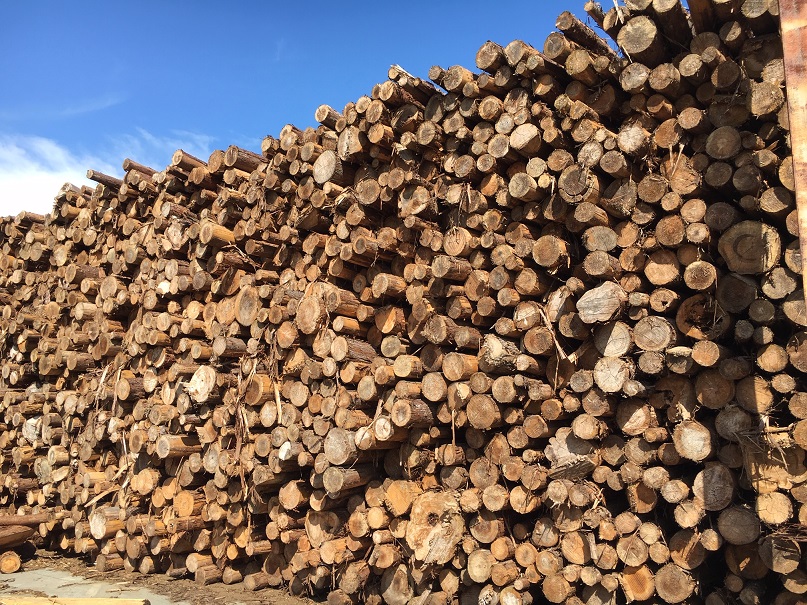Submission of Request on Biomass Power Generation - Businesses with High Environmental Impacts Must be Excluded from Feed-in Tariff

On July 14, Friends of the Earth Japan submitted a request entitled “Proposal on Biomass Power Generation: Realize ‘reduction of environmental impact’ the original purpose of the Feed-in Tariff (FIT) Act” to the Ministry of Economy, Trade and Industry, the Agency for Natural Resources and Energy, the Ministry of Agriculture, Forestry and Fisheries, the Forestry Agency and the Ministry of the Environment.
The request points out that many imported biomass fuels emit greenhouse gases (GHG) equivalent to fossil fuels throughout their entire life cycle, including cultivation, processing, transportation, and combustion, and that when land use conversion such as deforestation is included, they emit even more massive amounts of GHGs. Furthermore, it also addresses that there are projects that adversely affect the lives of residents due to pollutions such as offensive odors and noise, and that there are projects that do not disclose information on fuels despite the demands of residents.
In spite of the “reduction of environmental impact" which is the main objective of the FIT Act, the environmental destruction at the global and local level is progressing due to problematic biomass power projects. To prevent this, FIT must exclude projects that cannot sufficiently reduce GHG emissions throughout their life cycles, businesses that use palm oil as fuel, and businesses that assume fuel that contains radioactive materials or other pollutants, and requires businesses to conduct environmental impact assessments and to provide sufficient explanations, information, and agreements to local residents.
“It is absurd that the electricity charges of ordinary citizens are used to promote biomass power generation that destroys forests and threatens the lives of local residents. These businesses should be excluded from FIT." Friends of the Earth Japan commented.
Currently, many biomass power projects approved under FIT rely on imported fuels such as wood pellets, palm kernel shell, and palm oil. For example, imports of wood pellets to Japan have increased rapidly in recent years, exceeding 1.6 million tons in 2019, and are expected to increase even more in the future. On the other hand, it is reported that the production of fuel for biomass power generation has led to the destruction of forests and ecosystems, as well as the emission of GHGs over the life cycle.
Friends of the Earth Japan will work with other environmental organizations and citizens group to promote the strengthening of the guidelines of the Agency for Natural Resources and Energy and the Forestry Agency on biomass FIT.
Related information
Environmental organizations release joint proposal on biomass power generation (English)
https://www.foejapan.org/en/forest/190716.html
Ministry of Economy, Trade and Industry
Biomass Sustainability Working Group (Japanese)
https://www.meti.go.jp/shingikai/enecho/shoene_shinene/shin_energy/biomass_sus_wg/index.html